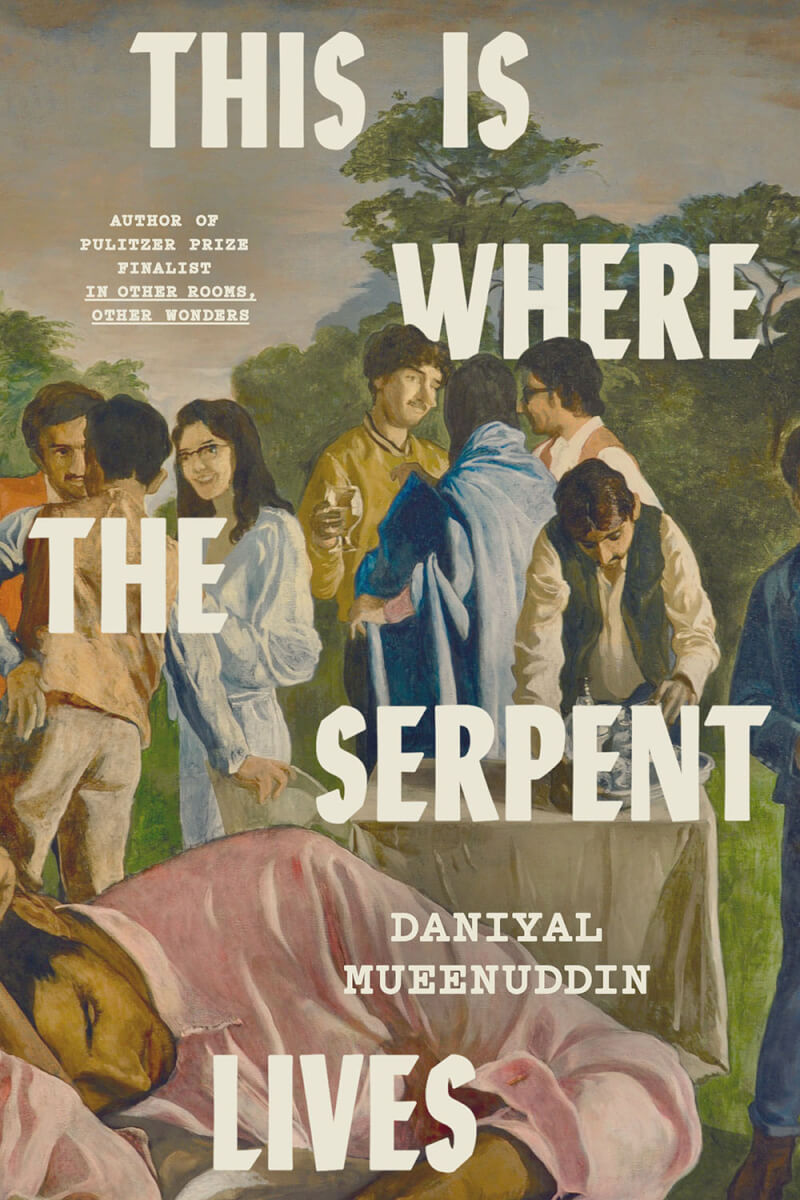Researchers at Cambridge University say that they have used AI to find 200 potential drugs that can treat COVID-19. With the coronavirus pandemic still not over, researchers are working on ways in which to limit the harms caused by COVID, and scientists in the UK said that using a combination of computational biology and machine learning, they were able to study proteins and identify ones that were linked to the SARS-CoV-2 infection. The researchers at the university’s Milner Therapeutics Institute used AI to examine the protein network and identified those that led to the infection.They said that this helped to determine 200 potential drugs that can be used to treat COVID-19 of which some are already being tested.
The researchers studied nearly 2,000 approved drugs for their effectiveness against COVID-19 and identified 200 of them for use against the disease. Out of this, 40 of the drugs have already been entered into clinical trials to fight COVID-19. The researchers say that this validates their approach. The technology also helped them find the biological pathways that could be targeted by drugs, they said in a study published in Science Advances.
The researchers then further filtered their study area to a small subset of drugs and found that two in particular — an antimalarial drug (Proguanil) and another used to treat rheumatoid arthritis (Sulfasalazine) — were able to stop the virus by “reducing SARS-CoV-2 viral replication in cellular assays.” This, they added, raised the exciting possibility of the use of these drugs’ potential use in treatment against COVID-19.
Professor Tony Kouzarides, Director of the Milner Therapeutics Institute, who led the study, said that they have been able to create a network uncovering the relationship between thousands of proteins that play some role in SARS-CoV-2 infection. They then used machine learning and computer modelling techniques to identify the 200 drugs.
“Of these, 160 had not been linked to this infection before. This could give us many more weapons in our armoury to fight back against the virus,” a research note published in the University of Cambridge website quoted Professor Kouzarides as saying.
What is the best phone under Rs. 15,000 in India right now? We discussed this on Orbital, the Gadgets 360 podcast. Later (starting at 27:54), we speak to OK Computer creators Neil Pagedar and Pooja Shetty. Orbital is available on Apple Podcasts, Google Podcasts, Spotify, and wherever you get your podcasts.






